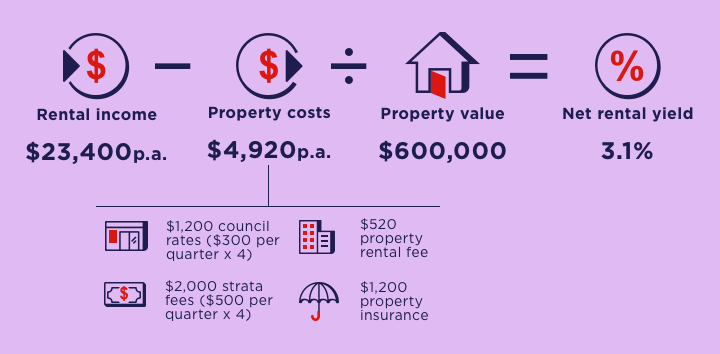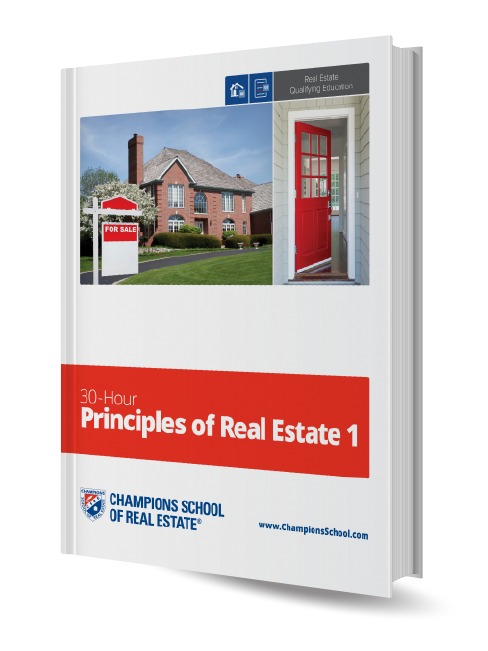
You should learn more about the company before you decide to buy a REIT. Find out more about the company and how it compares against other competitors. You will then be able determine if it will pay good dividends. Also, be aware of the possible risks when you buy REITs.
Tip to buy REITs
You should consider the quality of REITs and the earnings before investing. The earnings of the company are made up of funds earned from the operation of its properties, as well as any cash available for dividends. The fees associated with investment should be considered. Diversification is another important aspect to consider. REITs that are heavily invested in one type of property can increase their risk of losing capital. You can reduce your risk by investing in multiple REITs and diversifying your portfolio.
One of the best ways to invest in REITs is to set up a brokerage account. This allows you to purchase and sell publicly traded REITs in a matter of minutes. These investments often pay high dividends. Some REITs offer the possibility of holding your funds in a tax preferred account. This allows you to avoid paying taxes on distributions.
Taxes on dividends
When purchasing REITs, investors should be aware of the taxes on dividends. REITs' dividends may also include capital gains. Capital gains occur when a company sells real property assets. The amount of tax due will depend on whether the investor qualifies for special tax concessions or not. If the investor doesn't qualify, the dividend rate will apply.

Investors can avoid taxes by buying REITs that do not require close ownership. In addition, they need to be careful to avoid REITs that do not have a five-year dividend history. REITs are generally not allowed to be held by more then 50% of individuals. The Tax Cuts and Jobs Act provides 20% deduction for income passed through.
Liquidity
For REITs, liquidity is an important consideration. This can help them weather any unexpected fluctuations in the assets' value. REITs can also increase their value by distributing a portion of their earnings to their investors. REITs have used lower interest rates to boost their cash balances and improve liquidity during the recent downturn. However, REITs should not be treated as a safe investment - volatility is an inherent part of the business.
REITs are also liquidity because shares can easily be bought or sold on the stockmarket. Investors can access liquidity to make necessary changes to their investment strategies, or to access cash. In addition, investors may find REITs attractive because real estate is a non-correlated asset class.
Risks of investing in REITs
While REITs can provide steady income in the form dividends, investors must remember that REITs do not offer risk-free investment options. Because REITs can be traded like stocks, and their value can fall, While they can be considered safe investments, REIT stocks must be able to compete with high-yield options that could lead to a decline in REIT stock price.
Interest rate risk is another important risk. Rising interest rates can lead to higher borrowing costs for REITs which could impact their cash flow. However, these risks can be mitigated by the fact that REITs tend to have solid balance sheets. These managers try to maintain a healthy amount of leverage. Investors should be aware of this fact.

When to Buy
Before you decide to invest your money in REITs, consider your financial situation. Also, understand the tax implications for investing in REITs. REITs are not the best investment option for those who want to maximize their tax advantage because they generate most of their income through dividend income.
Uncertainty around the expiration date for master leases is a big problem for REITs. This uncertainty often drives investors to sell. Investors' fundamentals have suffered as a result. Despite the uncertainty, many investors don't realize that short-term issues have very little impact on long term prospects.
FAQ
How can I fix my roof
Roofs can leak due to age, wear, improper maintenance, or weather issues. Repairs and replacements of minor nature can be made by roofing contractors. For more information, please contact us.
How can I find out if my house sells for a fair price?
You may have an asking price too low because your home was not priced correctly. A home that is priced well below its market value may not attract enough buyers. You can use our free Home Value Report to learn more about the current market conditions.
What are the top three factors in buying a home?
The three most important factors when buying any type of home are location, price, and size. Location refers to where you want to live. Price is the price you're willing pay for the property. Size refers how much space you require.
How many times may I refinance my home mortgage?
It all depends on whether your mortgage broker or another lender is involved in the refinance. You can typically refinance once every five year in either case.
Can I buy a house without having a down payment?
Yes! There are many programs that can help people who don’t have a lot of money to purchase a property. These programs include government-backed mortgages (FHA), VA loans and USDA loans. Check out our website for additional information.
How can I eliminate termites & other insects?
Your home will eventually be destroyed by termites or other pests. They can cause damage to wooden structures such as furniture and decks. To prevent this from happening, make sure to hire a professional pest control company to inspect your home regularly.
Statistics
- This means that all of your housing-related expenses each month do not exceed 43% of your monthly income. (fortunebuilders.com)
- 10 years ago, homeownership was nearly 70%. (fortunebuilders.com)
- Over the past year, mortgage rates have hovered between 3.9 and 4.5 percent—a less significant increase. (fortunebuilders.com)
- Based on your credit scores and other financial details, your lender offers you a 3.5% interest rate on loan. (investopedia.com)
- This seems to be a more popular trend as the U.S. Census Bureau reports the homeownership rate was around 65% last year. (fortunebuilders.com)
External Links
How To
How to be a real-estate broker
The first step in becoming a real estate agent is to attend an introductory course where you learn everything there is to know about the industry.
The next thing you need to do is pass a qualifying exam that tests your knowledge of the subject matter. This requires that you study for at most 2 hours per days over 3 months.
This is the last step before you can take your final exam. To be a licensed real estate agent, you must achieve a minimum score of 80%.
Once you have passed these tests, you are qualified to become a real estate agent.